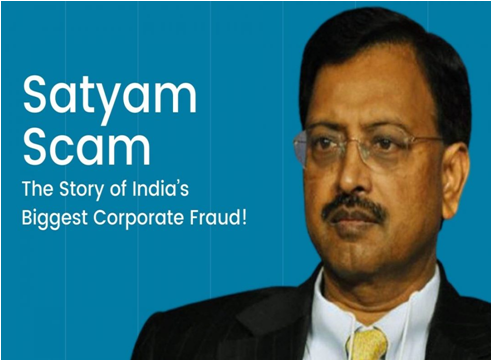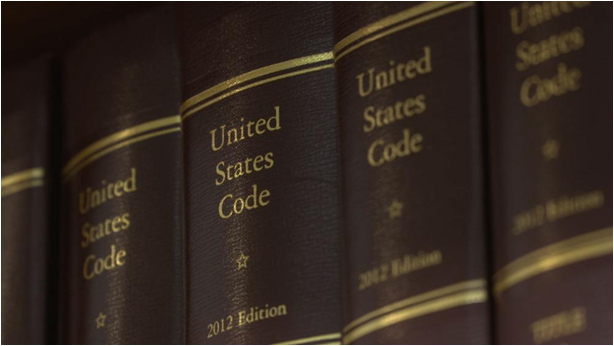Section – 34 of Evidence Act
Entries in Books of Account When Relevant
Introduction
Two general classes of statements are dealt with in this portion of the chapter:
- Entries in Books of Accounts, regularly kept in the course of business
- Entries in Public Documents, Or in Document of a Public Character
Both classes of statements are admissible or relevant. Whether the person who made them, is or is not, called as a witness, and whether he is, or is not, a party to the suit, and are admissible owing to their special character and the circumstances under which they made, which in themselves afford a guarantee of their truth.
As a general rule, a man’s own statement is not as Evidence for him, though if certain cases it may be used as a corroborative Evidence. The entries alluded to in Section34 being the acts of the party himself, must be received with caution
The Expression “book of accounts” means books in which merchants, traders, or businessman; generally keep their accounts, i.e. statements of debits or credits or receipts or payments. A register kept at the hotel need not contain any statements of accounts. So until it is shown that such register also pertained to the pecuniary transactions involving the customers of the hotel the same cannot be treated as a book of accounts. In the second place, even if it is assumed that a register kept in a hotel can be treated as a book of accounts, the entry therein cannot become the sole premise to charge a person with liability.
The essentials on which these principles are based,
- The habit and the system of making such books with regularity, ensure their accuracy.
- The influence of habit prevents casual inaccuracy, and counteracts the casual temptation of mis-statements.
- As such books record a regular process of business transaction, an error almost certain to be detected and rectified.
- In such Books mis-statements cannot be made, except by a systematic and comprehensive plan of falsification or misreprentation.
- In some cases the entrant may make record under a duty to an employer, in case of entrant committing any mistake.
The Satyam Computer Services scandal was India’s largest corporate fraud till 2010. The founder and directors of India-based outsourcing company Satyam Computer Services, falsified the accounts, inflated the share price, and stole large sums from the company. Much of this was invested in property. The falsified accounts were used to obtain cheap loans in the USA which were stolen by Raju and never entered into the accounts.
PricewaterhouseCoopers affiliates served as independent auditors of Satyam Computer Services when the report of scandal in the account books of Satyam Computer Services broke.
report of scandal in the account books of Satyam Computer Services broke.
The Indian arm of PwC was fined $6 million by the SEC (US Securities and Exchange Commission) for not following the code of conduct and auditing standards in the performance of its duties related to the auditing of the accounts of Satyam Computer Services
In 2018, SEBI barred Price Waterhouse from auditing any listed company in India for 2 years, saying that the firm was complicit with the main perpetrators
The principle of admissibility of parties account books or shop books shows a recognition of the two traditional features of hearsay exception in general, namely, the necessity principle and the circumstantial probability.
Any kind of account books would be admissible under Section34 if they are regularly made in customary or normal pattern of bookkeeping and person making it is aware about the facts stated in it. So even if accounts book is made in hathbhai or Khatabahi form then also it would be admissible, if it satisfies the above requirements
Section – 35 of Evidence Act
Relevancy of entry in public record made in performance of duty
The underlying principle of Section 35 is public record. The evidence is said to be acceptable if the public or other official book is registered or recorded and preserved by the public officer in an act of official duty. Such documents or public records have got an evidentiary assessment.
Before making any document admissible the obligations must be fulfilled;
- First, an entry must be kept in check in public or official record,
- Second the entry must be prepared by a public servant,
- Third the entry must be prepared by a public servant in satisfying his official duties and last the entry must state a fact in issue or relevant fact.
Under this section, when it is the duty of a public officer to make certain entries in any public or other official book, it is admissible in evidence to prove the truth of the facts so entered, as well as the fact that entries were made by such officer.
The reason for this rule is that when a public servant makes an entry in the discharge of his official duty, the probability of its being truthfully recorded is quite high. It is presumed in such cases that the officer is discharging his duty with accuracy and fidelity.
In Anita v. Atal Bihari[5], it was decided by the Madhya Pradesh High Court, it was held that a birth entry in the Register of Births and Deaths can be taken as the basis for determining the age of the accused. It was also held that the opinion of a radiologist cannot be preferred over such an entry.
Section – 36 of Evidence Act
Relevancy of statements in maps, charts and plans
Statements (of facts in issue or relevant facts) made in—
(i) Published maps or charts, generally offered for public sale, or
(ii) Maps or plans, made under the authority of the Central Government or any State Government as to matters usually represented or stated therein are themselves relevant facts.
Section – 37 of Evidence Act
Relevancy of statement as to fact of public nature, contained in certain acts or notifications
Statements of any facts of a public nature as to the existence of which the Court has to form an opinion made in a recital contained in any Act of Parliament of the U.K. or in any Central or Provincial Act or a State Act are relevant facts.
Section – 38 of Evidence Act
Relevancy of statements as to any law contained in law-books

When the Court has to form an opinion as to the law of any country, — any statement of the law of that country contained in a book printed or published under the authority of the Government of such country and any report of a ruling of the Courts of such country, is relevant.








No comment